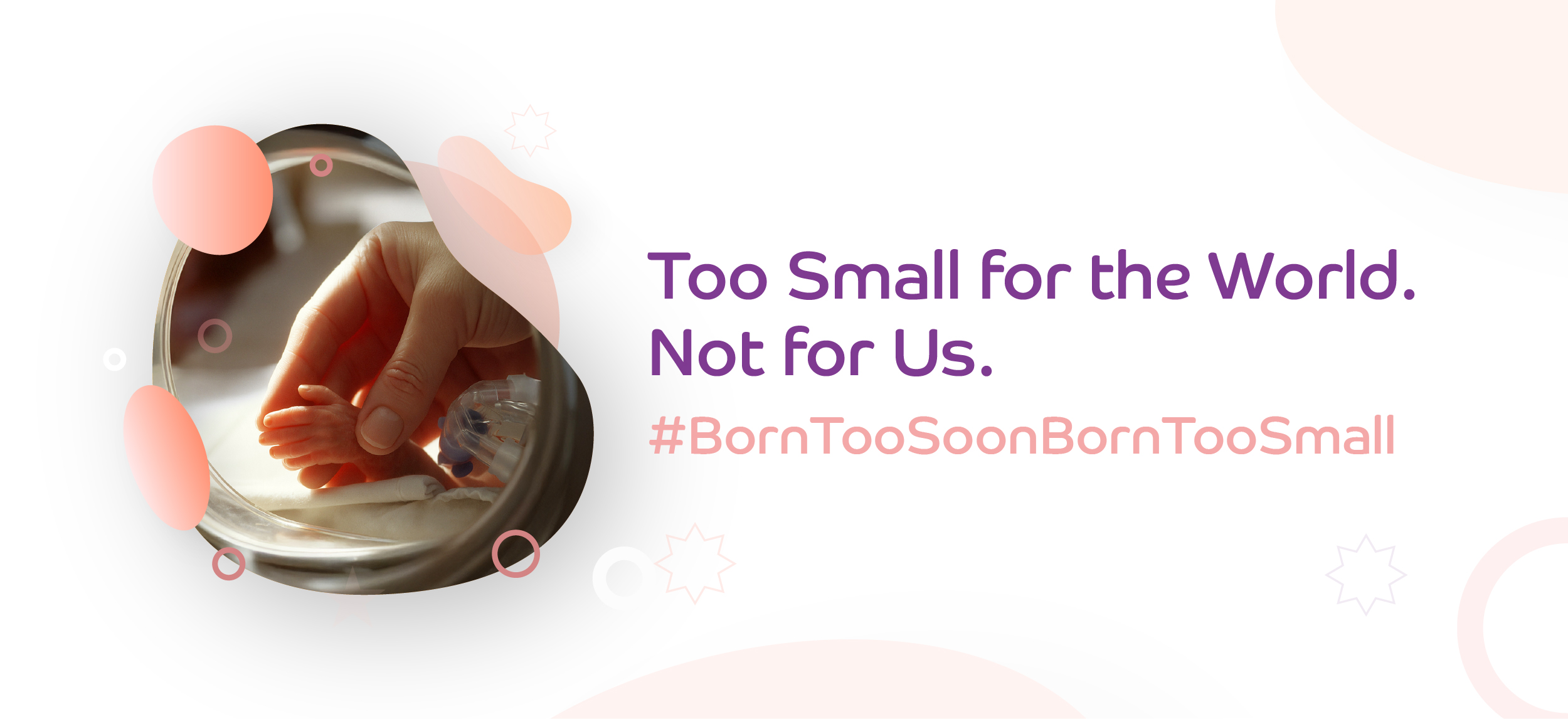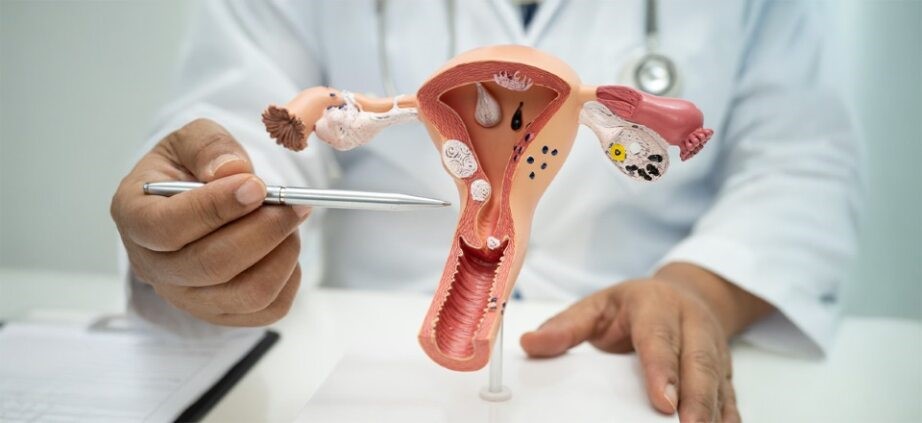Categories
Routine tests during pregnancy that lead to a healthy pregnancy
Jun 22, 2022
Routine tests during pregnancy that lead to a healthy pregnancy:
Going through pregnancy is about experiencing the most unique time in your life as your body goes through massive changes. Throughout your pregnancy, you will need to be monitored constantly to check your health and your baby’s health as well. Your doctor will recommend some tests when you are pregnant.
The Rainbow hospital pregnancy package cost depends on the specific tests you undergo. Certain tests are routine and every pregnant woman has to undergo them. Some tests are repeated multiple times during pregnancy. Some women might even have to undergo extra tests. The tests you have to undergo depends on your health, age, family history, ethnicity, number of babies you’re carrying, and also the results of prior tests.
Blood pressure:
Your doctor will check your blood pressure whenever you visit them while you are pregnant. The doctor will wrap a small sleeve around the arm that is connected to a monitor through which blood pressure can be checked. It is a painless test. By checking your blood pressure, your doctor can identify conditions like preeclampsia, which can affect your liver and kidneys. If it is not treated, it can cause serious issues during pregnancy.
Urine test:
It is another test conducted regularly during your visit to the doctor. At the doctor’s office, you will have to provide your urine sample. The sample will be sent to a lab and will be checked for kidney or bladder infection. The urine is also checked for excessive protein. The presence of excessive protein could indicate preeclampsia.
Blood test:
All maternity packages in Delhi include routine blood tests. The doctor will insert a small needle into your arm for collecting a blood sample. It is typically a painless test. Blood tests are performed to check for conditions like anemia, HIV, hepatitis B, and sexually transmitted diseases. Your Rh factor and blood type will also be checked in the lab.
Abdominal circumference:
This is a painless test in which a measuring tape is used for assessing the size and growth of your baby.
Group B streptococcus infection screening:
During this test, the doctor will take a swap of your rectum and vagina. You may feel slightly uncomfortable when the test is performed. This test is performed to check for a specific type of bacteria that is known to cause pneumonia along with other infections in babies. You will be required to undergo this test between the 35th and 37th week of pregnancy. If the test results come out positive, you will be given antibiotics when you go into labor.
Ultrasound exam:
It is a painless test that is usually a part of the baby delivery package in Delhi.The doctor will apply a gel to your belly and move a device around outside the stomach. It helps to look at the baby. In most cases, this test is conducted once between week 18 and 20 of pregnancy. However, multiple exams might have to be conducted if the doctor considers your pregnancy to be a high risk one.
Neural tube defect and chromosomal screenings:
These tests are performed to check for conditions like Down syndrome, cystic fibrosis, and spina bifida in the baby. The screening may be performed via a blood test, amniocentesis, or CVS (chorionic villus sampling). In amniocentesis, the doctor inserts a thin needle into your stomach and collects a fluid sample from the womb surrounding the baby. The fluid is then sent to the lab. In CVS, the doctor inserts a thin, small tube into the vagina and cervix to collect a tissue sample from the placenta. It can be a painful test. Your doctor will discuss the risks and benefits of these tests before performing them.
Non-stress test:
The heart rate of the baby is monitored during this test to check if the baby is getting sufficient oxygen. You have to undergo this test during your third trimester. A belt will be placed around your stomach, which is attached to a heart rate monitor. It is a painless test.
Kick counts:
You can monitor this test yourself from anywhere. Around the 20th week, you should be able to start feeling your baby move. Monitor how long your baby takes to move or kick 10 times. If it takes more than 2 hours, contact your doctor.
Going through pregnancy is about experiencing the most unique time in your life as your body goes through massive changes. Throughout your pregnancy, you will need to be monitored constantly to check your health and your baby’s health as well. Your doctor will recommend some tests when you are pregnant.
The Rainbow hospital pregnancy package cost depends on the specific tests you undergo. Certain tests are routine and every pregnant woman has to undergo them. Some tests are repeated multiple times during pregnancy. Some women might even have to undergo extra tests. The tests you have to undergo depends on your health, age, family history, ethnicity, number of babies you’re carrying, and also the results of prior tests.
Blood pressure:
Your doctor will check your blood pressure whenever you visit them while you are pregnant. The doctor will wrap a small sleeve around the arm that is connected to a monitor through which blood pressure can be checked. It is a painless test. By checking your blood pressure, your doctor can identify conditions like preeclampsia, which can affect your liver and kidneys. If it is not treated, it can cause serious issues during pregnancy.
Urine test:
It is another test conducted regularly during your visit to the doctor. At the doctor’s office, you will have to provide your urine sample. The sample will be sent to a lab and will be checked for kidney or bladder infection. The urine is also checked for excessive protein. The presence of excessive protein could indicate preeclampsia.
Blood test:
All maternity packages in Delhi include routine blood tests. The doctor will insert a small needle into your arm for collecting a blood sample. It is typically a painless test. Blood tests are performed to check for conditions like anemia, HIV, hepatitis B, and sexually transmitted diseases. Your Rh factor and blood type will also be checked in the lab.
Abdominal circumference:
This is a painless test in which a measuring tape is used for assessing the size and growth of your baby.
Group B streptococcus infection screening:
During this test, the doctor will take a swap of your rectum and vagina. You may feel slightly uncomfortable when the test is performed. This test is performed to check for a specific type of bacteria that is known to cause pneumonia along with other infections in babies. You will be required to undergo this test between the 35th and 37th week of pregnancy. If the test results come out positive, you will be given antibiotics when you go into labor.
Ultrasound exam:
It is a painless test that is usually a part of the baby delivery package in Delhi.The doctor will apply a gel to your belly and move a device around outside the stomach. It helps to look at the baby. In most cases, this test is conducted once between week 18 and 20 of pregnancy. However, multiple exams might have to be conducted if the doctor considers your pregnancy to be a high risk one.
Neural tube defect and chromosomal screenings:
These tests are performed to check for conditions like Down syndrome, cystic fibrosis, and spina bifida in the baby. The screening may be performed via a blood test, amniocentesis, or CVS (chorionic villus sampling). In amniocentesis, the doctor inserts a thin needle into your stomach and collects a fluid sample from the womb surrounding the baby. The fluid is then sent to the lab. In CVS, the doctor inserts a thin, small tube into the vagina and cervix to collect a tissue sample from the placenta. It can be a painful test. Your doctor will discuss the risks and benefits of these tests before performing them.
Non-stress test:
The heart rate of the baby is monitored during this test to check if the baby is getting sufficient oxygen. You have to undergo this test during your third trimester. A belt will be placed around your stomach, which is attached to a heart rate monitor. It is a painless test.
Kick counts:
You can monitor this test yourself from anywhere. Around the 20th week, you should be able to start feeling your baby move. Monitor how long your baby takes to move or kick 10 times. If it takes more than 2 hours, contact your doctor.











